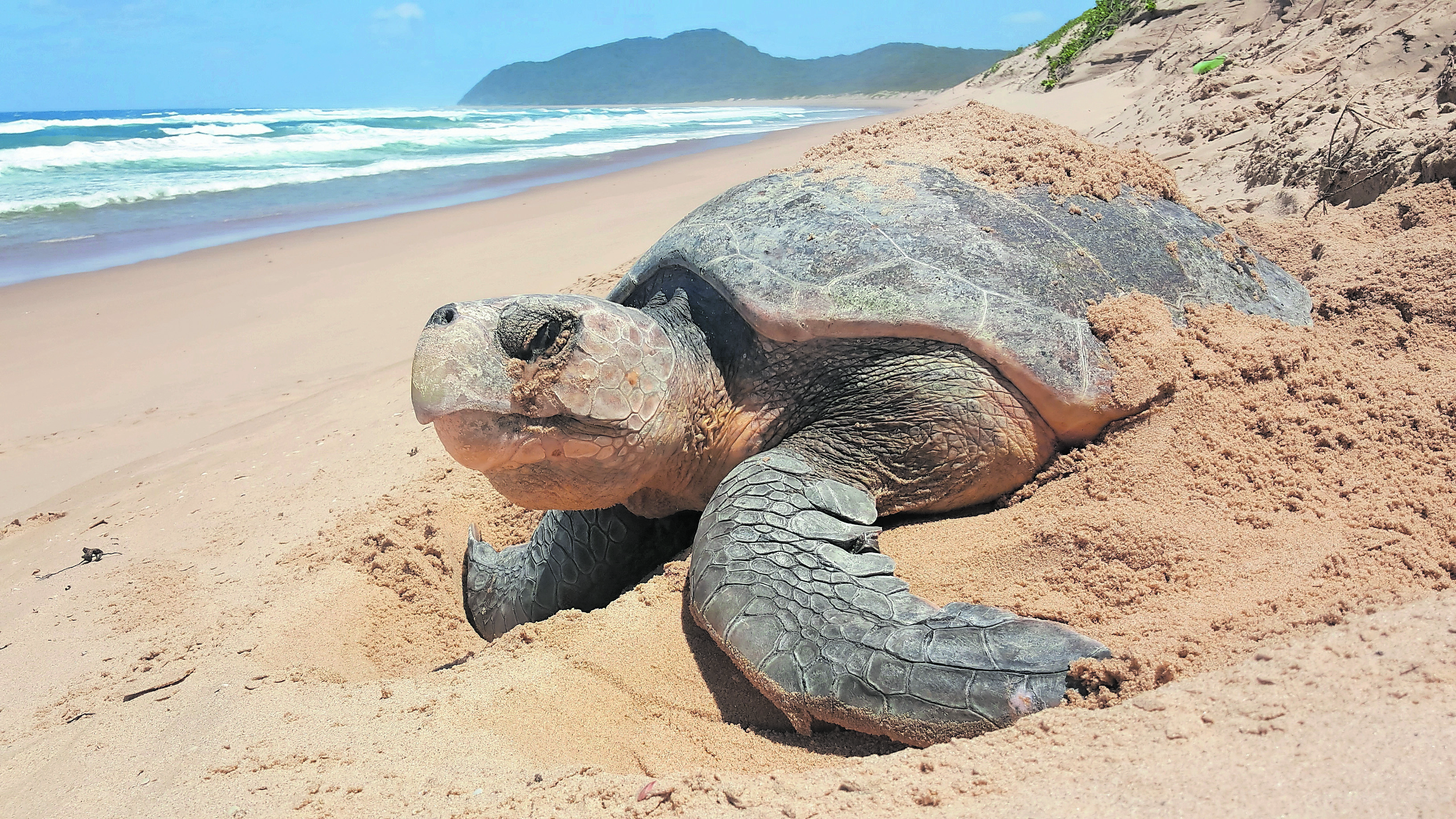Professor Patrick Vrancken is the co-editor of a seminal 800-page book published in 2017, titled The Law of the Sea The African Union and its Member States
Nelson Mandela University is part of an ambitious new £20-million UK Government Research and Innovation Global Challenges Research Fund (GCRF) programme aimed at tackling threats to the world’s oceans and addressing the challenges faced by developing countries. From plastic pollution to rising sea levels, acidification to over-fishing, the threats facing our oceans are well documented.
Called the One Ocean Hub, it is led by the University of Strathclyde’s Professor Elisa Morgera, director of the Strathclyde Centre for Environmental Law & Governance within the Law School, who said: “The One Ocean Hub will bridge the current disconnects across law, science and policy to empower local communities, woman and youth — who are particularly impacted by decision-making — to co-develop research and solutions.”
Nelson Mandela University’s deputy vice chancellor for Research and Engagement, Professor Andrew Leitch, said: “The One Ocean Hub integrates research across disciplines in different sectors and at different scales (global-local). It speaks directly to Sustainable Development Goal 14 — the conservation and sustainable use of the oceans — but also to other goals, including blue economies and vulnerable communities.”
He explained that one of the five focus areas in the One Ocean Hub is transformative governance for an inclusive, innovative and responsible blue society, which examines socioeconomic decision-making for ocean management. The project team includes lawyers, economists, social scientists, biophysical scientists and postgraduate students who are using Port Elizabeth and Algoa Bay as the project area, and are looking at everything from the dynamics and ocean economy of this coastal city and community to marine genetics.
Law of the sea and development in Africa
The SARChI Chair in the Law of the Sea and Development in Africa is one of the One Ocean Hub members. Its focus is the law of the sea in South Africa, and other parts of Africa, namely the east coast of Africa and the Indian Ocean; the west coast of Africa and the Atlantic Ocean; and the Southern Ocean and Antarctica.
Chair holder Professor Patrick Vrancken is the co-editor of a seminal 800-page book published in 2017, titled The Law of the Sea — The African Union and its Member States.
Professor Vrancken explained: “The sea is divided into maritime zones with different rules in different zones,” he explains. “You have laws governing the internal waters such as our bays; then you have laws governing the territorial sea extending 12 nautical miles
(1 nautical mile = 1.852km). Beyond this is the exclusive economic zone (EEZ) which extends as far as 200 nautical miles from the coastal baselines. The law treats the resources here as if they were part of the territory of the coastal state but for all other purposes the zone is subjected to the same laws as the high seas.” This book is the first work to attempt to systematically collate the legal aspects of ocean governance in African countries. Before this, Africans had to rely to a much greater extent on what was written outside of Africa, which was often unreliable, biased and incomplete.

Institute for Coastal and Marine Research (CMR)
The SARChI Chair in the Law of the Sea and Development in Africa is one of several transdisciplinary Chairs in the Institute for Coastal and Marine Research CMR, Nelson Mandela University. The CMR is situated at the Ocean Science’s Campus with membership from all seven faculties and includes 50 staff members and over 100 postgraduate students, doctoral candidates and postdoctoral researchers.
The director of the CMR, Dr Bernadette Snow, was integral to the organisation of the IIOE-2 and and SANOCEAN conferences at Nelson Mandela University.
Two research units in the CMR are:
Marine Apex Predator Research Unit (Mapru)
Mapru conducts research on marine top predators, including seabirds, seals, sharks and cetaceans, particularly in relation to global change, conservation and sustainable resource management. Geographically, most of the projects are focused on the South African coastline, in the sub-Antarctic region, but they also extend into Mozambique and Namibia.
Research Diving Unit (RDU)
The RDU provides diving support to projects registered with Nelson Mandela University. It provides scientific diver training, and ensures that all health and safety requirements for diving-related activities are met through its Safety, Health, Environment and Quality (SHEQ) programme in accordance with national legislation and international best practice.
Research Chairs in the CMR include:
Shallow Water Ecosystems (Chair holder: Professor Janine Adams), Marine Spatial Planning (Chair holder: Professor Mandy Lombard), Law of the Sea and Development in Africa and Ocean Science and Marine Food Security (Chair holder: Professor Mike Roberts).
For more information: cmr.mandela.ac.za